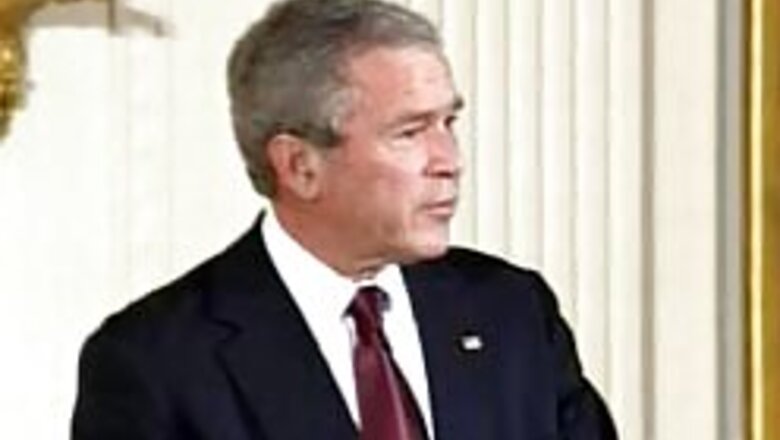
views
Washington: The nuclear dream was still a step away, no formal speeches were made and the menu at the White House dinner was relatively modest, mostly fish, salad and attractive fruit spreads.
But as US President George Bush sat down for his last dinner on Thursday night with Indian Prime Minister Manmohan Singh in the Old Family Dinning Room, the personal chemistry developed over the last four years of their association was more than evident.
Bush showered compliments on his Indian guest, admiring him for his "courage," "integrity" and "vision" in shepherding a modern confident India onto the world stage.
Recalling fondly his visit to New Delhi over two years ago, Bush recalled the excitement he felt in seeing vibrancy and entrepreneurial energy in India, an official, privy to the White House dinner, said. "The chemistry between the two was simply great," he said.
An emotional Manmohan Singh, too, lavished praise on Bush for his "strong personal commitment" to driving India-US relations and for his tireless efforts at ending India's decades-long nuclear isolation.
The two principal architects of the landmark nuclear deal also generously complimented each other for the "massive transformation" of the India-US relations in the last four years.
"The people of India deeply love you," Manmohan Singh said while thanking Bush for his historic role in ending India's nuclear isolation. "It was not a very formal dinner. It was very nice food. Perhaps fish," Foreign Secretary Shivshankar Menon recalled.
"It was a small dinner and very relaxed one," Menon said.
"It was not a formal conversation with an agenda. It was an easy-feeeling communication between the two leaders who understood each other and trusted each other. I have not seen a communication of this quality at this level," Menon added.
Menon was among a select group who were invited to partake in what some officials here are calling the "family dinner."
Bush does these small private dinners for only very close friends, an American official at the White House said.
Planning Commission's Deputy Chairman Montek Singh Ahluwalia, National Security Adviser M.K. Narayanan, Prime Minister's Special Envoy on the India-US nuclear deal Shyam Saran, Joint Secretary (Americas) Gayatri Kumar and a couple of other officials from the Prime Minister's Office represented India at the dinner.
Vice-President Dick Cheney, National Security Adviser Steven Hadley and William Burns, the US' chief pointsman during the last lap of the nuclear deal, chatted informally with their Indian guests on big global issues and swapped small talk.
Secretary for Education Margaret Spellings and Trade Representative Susan Schwab and two other state department officials were also present at this informal yet intimate dinner.
US Secretary of State Condoleezza Rice was in New York trying to push through the nuclear deal.
The Old Family Dining Room is redolent with memories of American presidents forging big deals and taking important decisions whose ripples around the world.
The room, about 28 feet by 25 feet, is a historically privileged space where Winston Churchill and Franklin Roosevelt reportedly brainstormed during World War II.
Bush has hosted meals in this room for small groups of writers, historians and journalists to discuss a book or weighty issues on his mind.











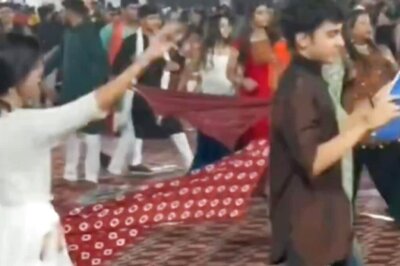
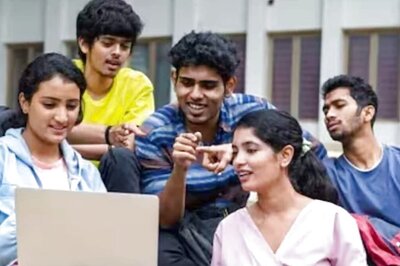

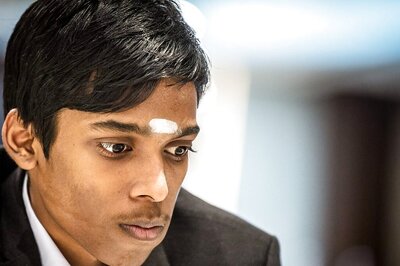
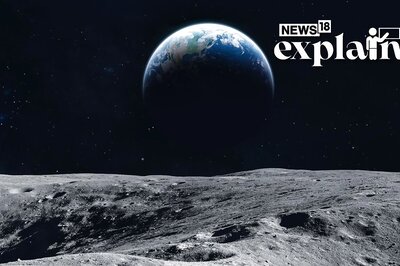

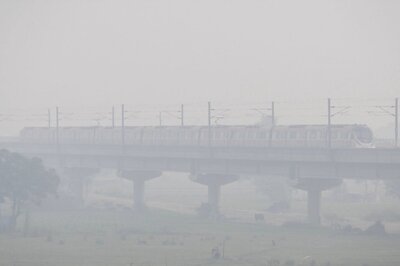
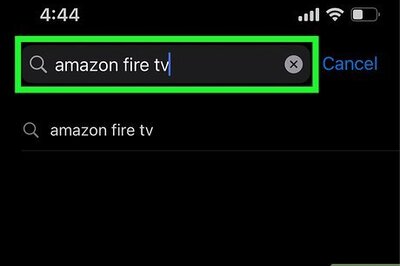

Comments
0 comment